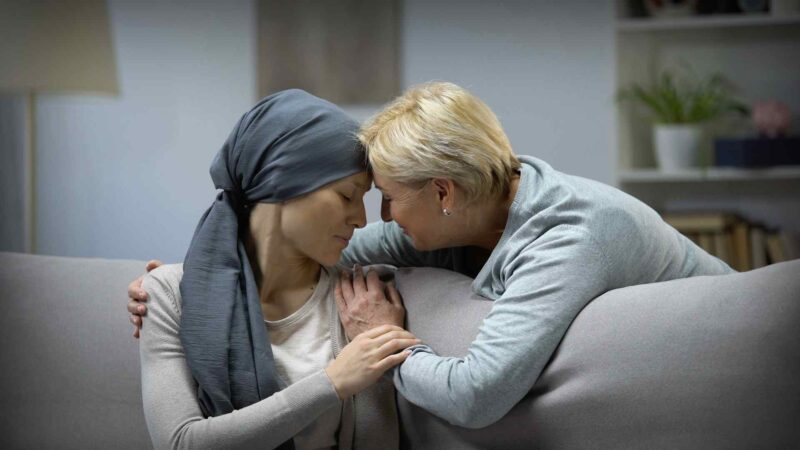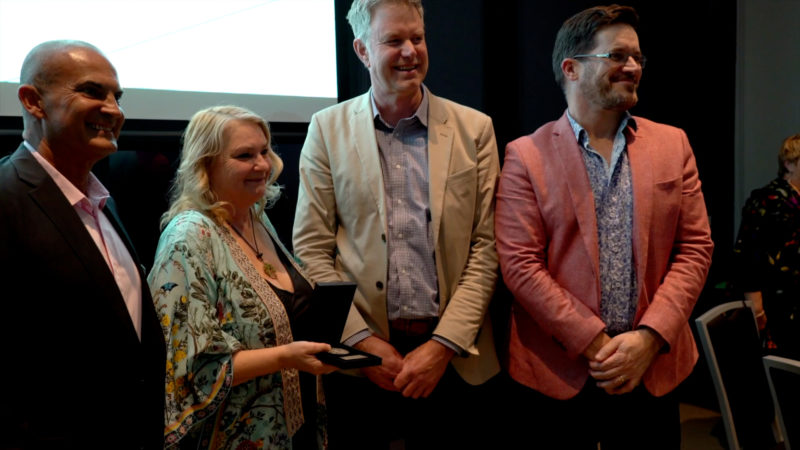IMPROVED ACCESS TO TECHNOLOGY NEEDED FOR PEOPLE WITH TYPE 2 DIABETES NEEDING INSULIN National Diabetes Services Scheme (NDSS) disparity in subsidised access to CGM systems
Australian Health Journal segment
Filmed in Canberra | March 2025
With
Susan Davidson, CEO
Australian Diabetes Educators Association
Sahar Awais,
NSW Registered Nurse
Susan Davidson is the CEO of the Australian Diabetes Educators Association (ADEA), the leading body for diabetes education in Australia. ADEA plays a crucial role in accrediting credentialed diabetes educators and providing essential training for all health professionals, as roughly 25% of individuals seeking healthcare are affected by diabetes.
In Australia, around 1.5 million people are diagnosed with diabetes, with an additional estimated 500,000 undiagnosed cases of Type 2 diabetes. Among those diagnosed, approximately 140,000 have Type 1 diabetes, while 1.3 million live with Type 2 diabetes, and about 65% of these individuals use insulin. The increasing prevalence of diabetes highlights the need for consistent education among healthcare providers to aid patients in managing their conditions effectively.
To address the evolving nature of diabetes management and technology, ADEA has recently introduced micro-credentials for healthcare professionals, enhancing their understanding of diabetes care. Consistent messaging from various healthcare providers is vital, as conflicting information can lead to patient confusion and disengagement from care.
The National Diabetes Services Scheme (NDSS) provides subsidised products for diabetes management; however, disparities exist in access to technology between those with Type 1 and Type 2 diabetes. While continuous glucose monitoring (CGM) devices are subsidised for Type 1, they are not available for Type 2 diabetes. ADEA advocates for equitable access to these essential tools, emphasising that all individuals with diabetes deserve the resources necessary for optimal management and reduced risk of complications. Without such technologies, many are forced to rely on finger pricking, which can be inconvenient and unsafe in settings such as the workplace and in higher education.
Source: Rewritten from transcript
You Might also like
-
Analogy of the system, rather than the ED front door
“The problem of blockages shows up in ambulance ramping and long wait times, but this is a complex issue requiring whole-of-health system solutions,” according to Professor Hugh Grantham, Chair of Emergency Medicine Foundation in an interview with Australian Health Journal.
-
Growing impact of blood cancer on women
According to the Leukaemia Foundation, blood cancer is one of the most urgent and under-recognised women’s health issues in Australia, with three times more Australian women diagnosed with blood cancer than ovarian and cervical cancer combined (Source: AIHW, Cancer Data in Australia, 2024).
Blood cancer has also emerged as the second most common cancer diagnosed in Australian women overall – behind only breast cancer – and the leading cancer amongst girls and women under the age of 30 (Source: AIHW, Cancer Data in Australia, 2024).
-
AHHA Sidney Sax Medal 2019 Awarded to Vicki Wade
AHHA Sidney Sax Medal 2019 awarded to Vicki Wade



